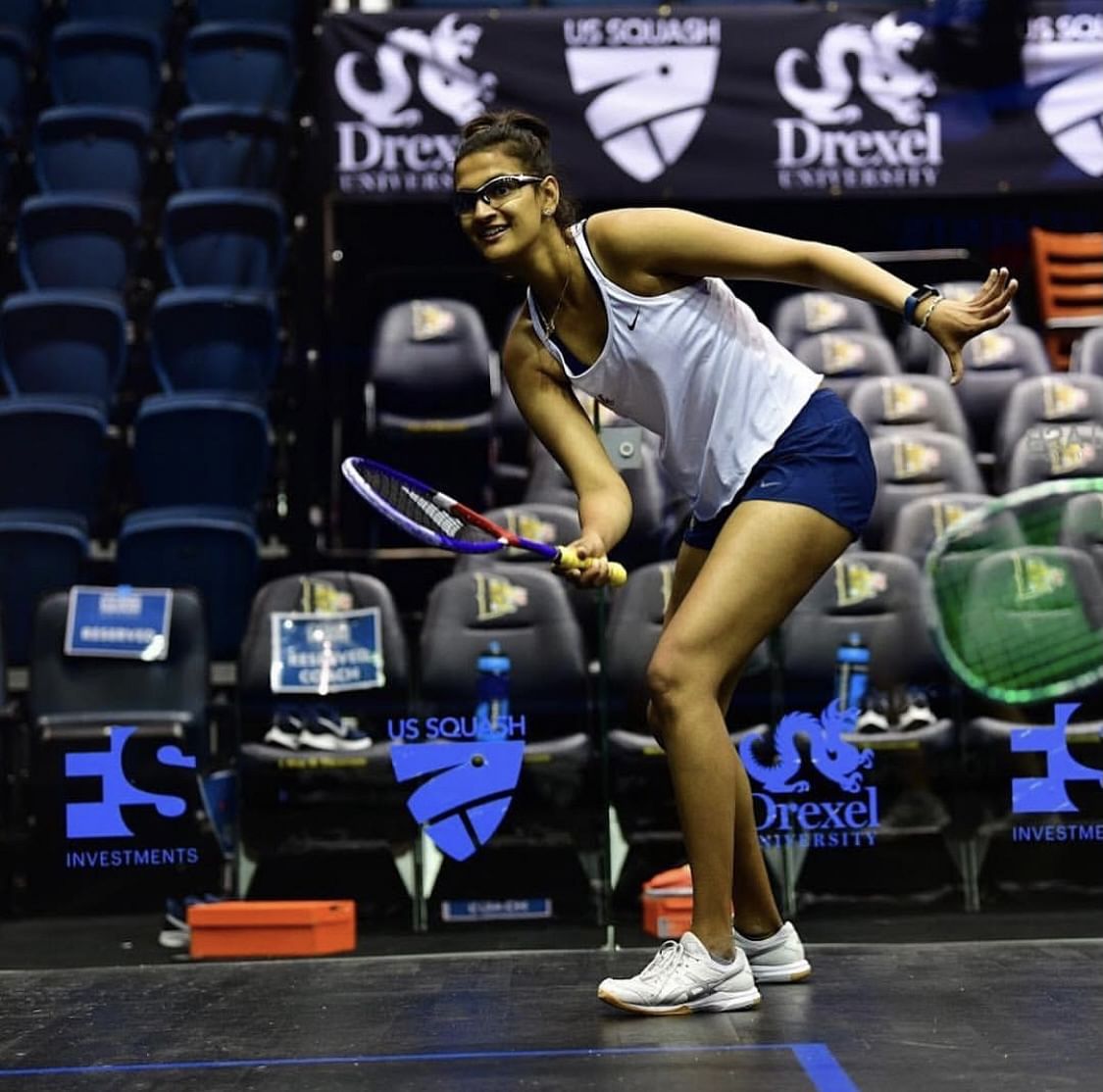I remember laying on a beach one evening, after an intense sports training session with 25 of my teammates, when I felt a deep pang in my stomach. Cramps? CRAMPS!!!
Panicking, I ran to the bathroom. My period tracker said I had another week to go! Chastising myself throughout as my monthly guest stormed in unannounced yet again, I was visibly unprepared. As an athlete, I was used to irregular periods. But this time around, I had 3 more days on the trip and 6 more intense training sessions left. Clearly not my finest hour.
Luckily, my coach happened to be in the bathroom at the same time. I nervously told her I got my period and she casually handed me a tampon. I looked at it questionably; I’d only ever used pads, what was this tadpole-looking thing? “I don’t know how to wear a tampon,” I said meekly, all the while thinking, “are tampons safe?”
And so, at the age of 18, and at the mercy of my coach yelling instructions from the other side of the door, I learned how to insert a tampon while thinking “are tampons safe?”
We joke about it now, but I came away from that experience thinking:
- 1. How did I not know about tampons earlier? It would’ve made life wearing tights much easier.
- 2. How do we not have more conversations about female athletes and periods?
Growing up, mom and I would always remain “hush-hush” about that time of the month. She’d get me pads and I would suffer through the discomfort, silently.

I then moved to America and played on a sports team with 15 girls – which meant lots of synced cycles and loads of emotions! Talking about periods so openly seemed refreshing, and more importantly, it was necessary. Countless times I’ve walked into training sessions and matches praying I don’t get my period mid-session. Ask any female athlete and she’ll tell you that’s her biggest nightmare too.
At some point, you get used to the cramps and it no longer hinders your performance. But for me, it was the PMS that killed me outside the court – extreme fatigue after sessions and failing to recover at my usual speed. The part that always gets me is how I was expected to mask the pain and play pretend. Pursuing sport is easily one of the hardest things I’ve ever done and adding our monthly biological changes into the mix makes it that much more challenging!
Through this piece, I hope to add to the ongoing conversations. Coaches and athletes, gender outstanding, shouldn’t shy away from these discussions. It’s one step closer to being aware and being educated.
In the future, there’s another young girl struggling in the bathroom or on the court, and I hope there’s many empathetic people willingly able to help her.
To read more real stories by real women just like you, click here.



